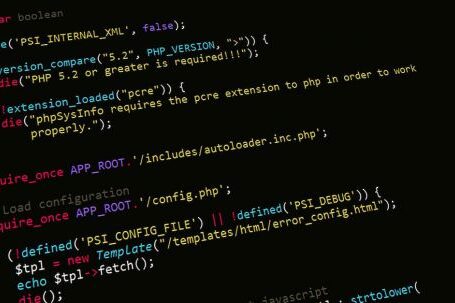Artificial Intelligence (AI) has become an increasingly prevalent technology in today’s society. From voice assistants like Siri and Alexa to self-driving cars and advanced data analytics, AI is reshaping the way we live and work. This article explores the disruptive nature of AI and how it is driving innovation across various industries.
The Rise of AI
AI has been around for decades, but recent advancements in computing power and machine learning algorithms have accelerated its development. Today, AI is capable of performing complex tasks that were once thought to be the sole domain of human intelligence. This has led to a surge in AI adoption across industries, with companies leveraging AI to automate processes, gain insights from large datasets, and improve decision-making.
Transforming Industries
AI is disrupting industries in ways we couldn’t have imagined just a few years ago. In healthcare, AI-powered algorithms are revolutionizing diagnostics by analyzing medical images and detecting patterns that human doctors might miss. In finance, AI is enhancing fraud detection, risk assessment, and algorithmic trading. In manufacturing, AI is optimizing production processes and predicting equipment failures to minimize downtime.
AI-Driven Innovation
One of the key drivers of AI disruption is innovation. By automating repetitive tasks and augmenting human capabilities, AI frees up valuable time and resources for innovation. Companies can focus on developing new products and services, improving customer experiences, and exploring new business models. AI enables rapid experimentation and prototyping, allowing organizations to iterate and learn quickly.
Enhancing Customer Experiences
AI is also reshaping customer experiences. Chatbots powered by AI are being used to provide instant customer support and personalized recommendations. Virtual reality and augmented reality, combined with AI, are creating immersive experiences in gaming, entertainment, and retail. AI algorithms are continuously learning from customer interactions, enabling businesses to deliver more personalized and tailored experiences.
Ethical Considerations
While the benefits of AI disruption are undeniable, there are also ethical considerations that need to be addressed. AI systems can inadvertently perpetuate biases present in the data they are trained on, leading to discriminatory outcomes. Ensuring fairness, transparency, and accountability in AI systems is crucial to prevent unintended negative consequences.
The Future of Work
AI disruption also raises concerns about the future of work. As AI automates more tasks, there is a fear that jobs will be lost to machines. However, history has shown that technological advancements often create new jobs and opportunities. AI can augment human capabilities, allowing us to focus on more creative and strategic tasks. The key is to adapt and acquire the skills necessary to thrive in an AI-driven world.
Looking Ahead
As AI continues to evolve, its disruptive impact will only intensify. The potential applications of AI are vast, ranging from personalized medicine to autonomous transportation. However, it is important to approach AI with a balance of enthusiasm and caution. Collaboration between industry, academia, and policymakers is crucial to ensure responsible AI development and deployment.
Conclusion: Embracing AI Disruption
AI disruption is transforming industries, driving innovation, and reshaping the way we live and work. From healthcare to finance to manufacturing, AI is enabling organizations to automate processes, gain insights, and deliver personalized experiences. However, ethical considerations and the future of work need to be carefully addressed to ensure the responsible and beneficial use of AI. Embracing AI disruption and adapting to the changing landscape will be key to staying competitive in the digital age.





